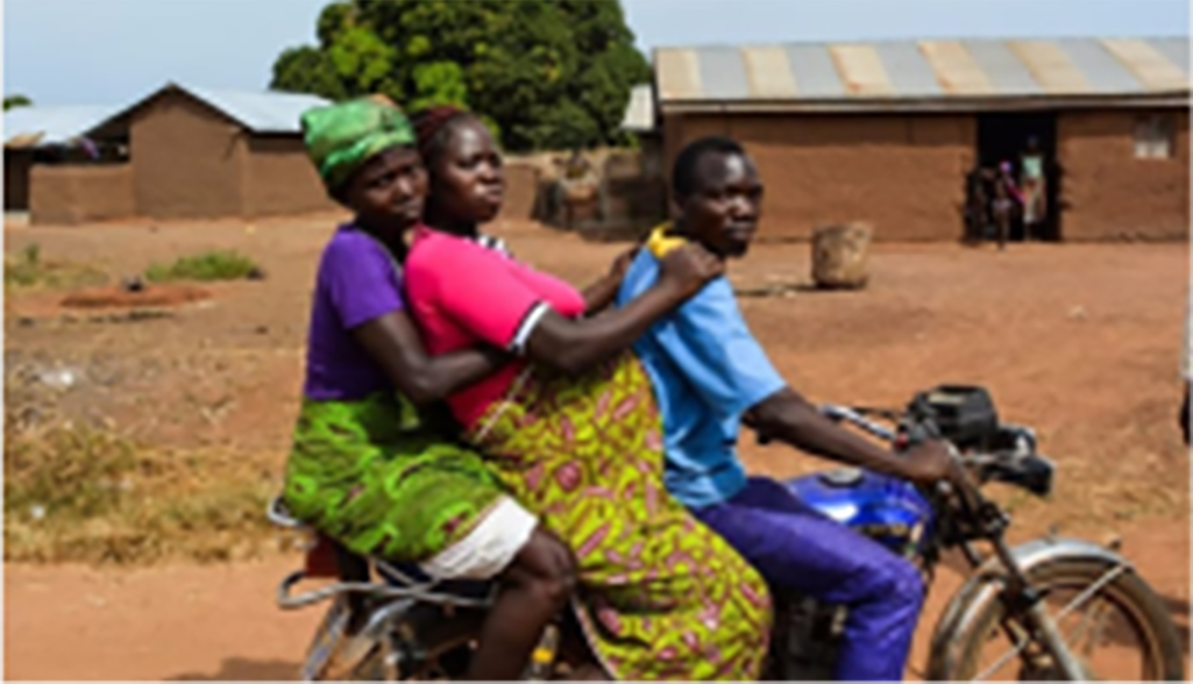
by Elinam Balimenuku Amevor PhD, School of Journalism and Communication
In 2015, the United Nations passed the 2030 Agenda, a set of 17 Sustainable Development Goals (SDGs) that provide the framework that all member states have pledged to achieve. Among these is the need for good health and well-being for all regardless of their gender. This has reinforced global equity principles that require that women and men have equal opportunities to realize their health potential. The realization of these principles, scholars argue, revolves around the need to first understand how gender shapes vulnerability to ill health. When this is realized, health services can address the needs of women and men equitably to give expression to SDGs.
This offered a glimmer of hope and a choice for women to decide when and where they want to give birth, in line with modern-day public health policy and practice. It is as ethical as it is proper that the rights to safe pregnancy and childbirth for all women, including those in rural Ghana, are protected by law instead of customs and traditions. But this appears to be an illusion.
Although society has evolved with corresponding reforms in customs and traditions, gender inequalities persist through norms that require women to seek their husbands’ permission before accessing maternal and reproductive health care. At the roots of this phenomenon are patriarchal social structures that reinforce men’s authority over women. This manifests in some cultures, where payment of the bride price commoditizes wives as the “property” of their husbands. It is also the norm in some cultures in Ghana where maternal and reproductive health decisions are made by men for women. A typical case is Mafi Dove, a rural community in southern Ghana where childbirth is banned due to strict adherence to a century-old taboo that forbids blood resulting from delivery. In addition to norms that empower men to sanction their spouses’ reproductive health choices, women in labor are also banished to neighboring communities to deliver, more often in the buckets of the tricycles that are the predominant means of transportation in rural Ghana. These women are allowed back into the community postpartum, after their babies’ umbilical cords have fallen. This norm persists without recourse to the sporadic cases of maternal and child mortality in such situations.
Despite open knowledge about the challenges that enforcement of customs and traditions such as the case in Ghana pose to the health of pregnant women in the realization of their reproduction rights, such customs continue to override national policy on maternal and reproductive health, as well as deny women their rights to and choice of reproductive health.
This study examines the cultural significance attached to customs that constrain birthing and reproductive choices. It also investigates how women navigate the risks associated with customs that constrain their reproductive health choices and utilization in rural Ghana.
Using interviews and focus groups with traditional leaders and women in the study site mentioned above, the study points to two preliminary findings. First, the traditional leaders believe that the solution to maternal mortality in the community partly depends on honest adherence to the century-old tradition. Second, although the women want a change in tradition, they see that as a prerogative of traditional leaders and the government.
The findings of this study are expected to push the boundaries for scholar activism to “demasculinize” maternal reproductive health governance in Ghana and sub-Saharan Africa.
— Elinam Balimenuku Amevor received a 2021–22 Graduate Student Research Grant from CSWS.

